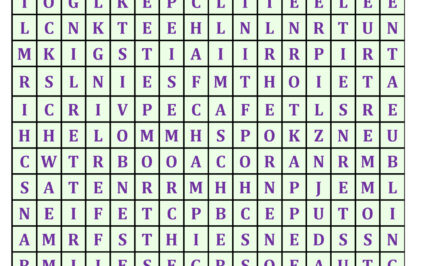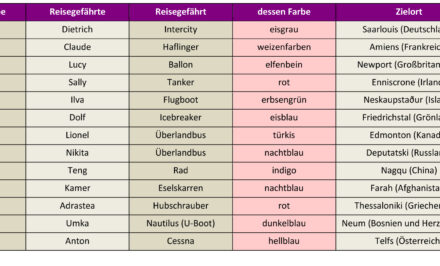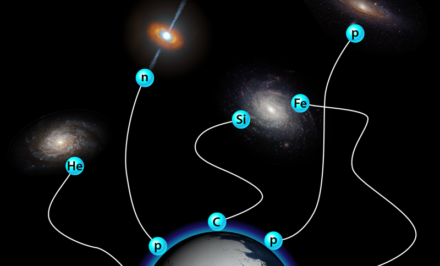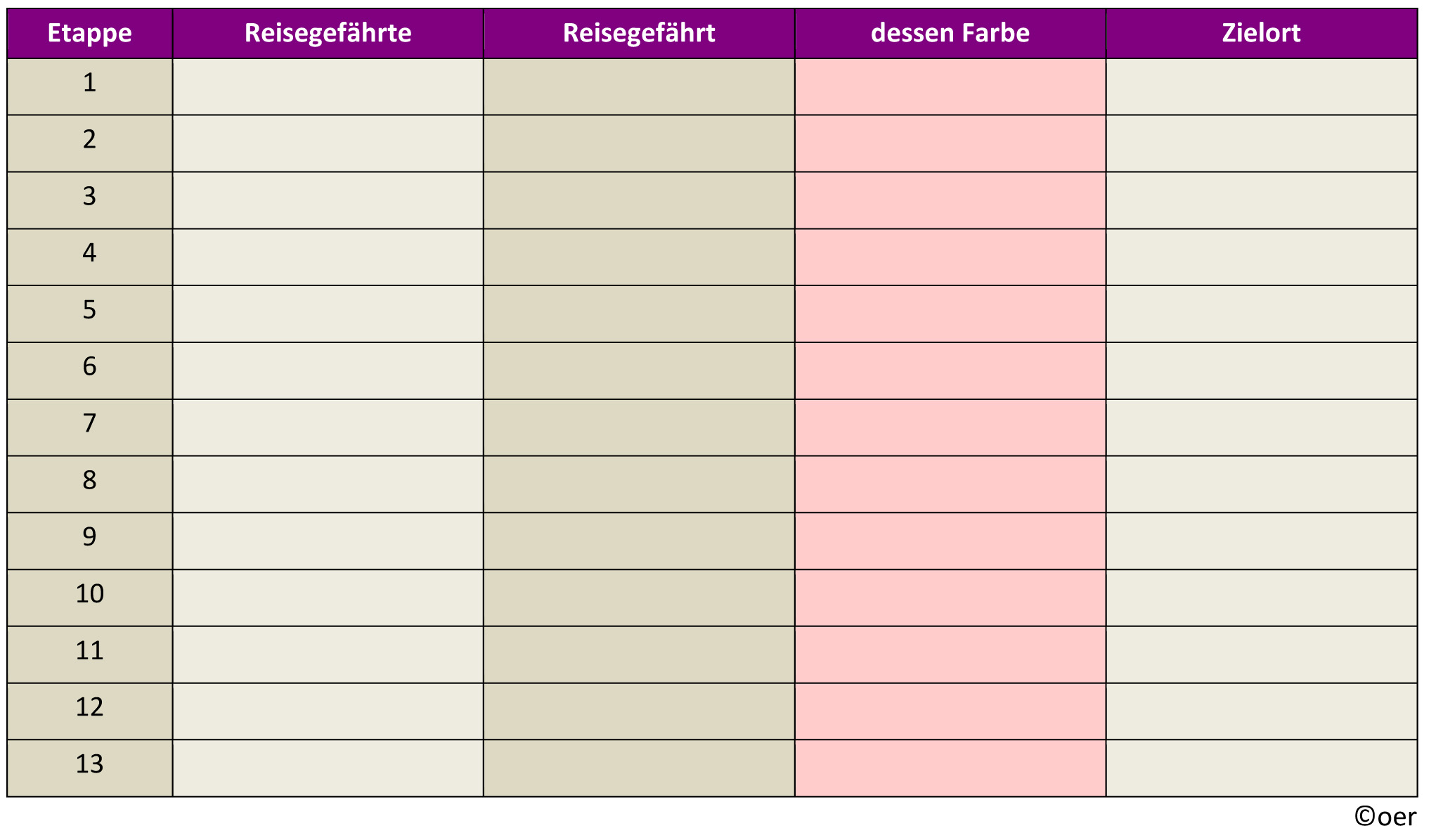Wie wird deutschsprachige Literatur eigentlich im Ausland aufgenommen? CULTurMAG wirft einen ungewöhnlichen Blick auf aktuelle Neuerscheinungen. Lucy Renner Jones übersetzt (u.a.) deutschsprachige Literatur ins Englische – und klopft für uns in unregelmäßigen Abständen Neuerscheinungen interessanter Autoren auf ihre Aussichten auf dem englischsprachigen Markt ab. Diesmal hat Sie Nora Bossongs Reportage „Rotlicht“ gelesen.
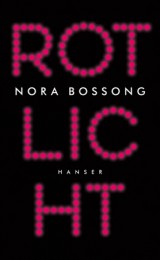 A refreshing perspective on the subject of sex
A refreshing perspective on the subject of sex
A young woman’s realisation that she is meant to be the object, not the subject, in the game of sexuality might come the first time she sees a man reading a tabloid newspaper emblazoned with a photo of a topless model; or it might come when she feels frustrated that her role at the disco is to be asked to dance, not to ask. Or it might be, as Nora Bossong reveals in her new book Rotlicht (Red Light), when she pushes open the door to various areas of trade in sexuality – a sex shop, a table-dance bar, a swinger’s club, a sex fair and so on – and realises that in these places, she is not able to watch freely, but can only be watched.
Nora Bossong does not enter any of these places alone. In fact, she would not be allowed to enter some of them unless she were in the company of a man. Her male companion (not always the same one: Bossong chooses different people she knows) legitimises her right to be curious about what goes on behind doors where mostly men hang out. Her role is not predefined in any way – because she is not supposed to be there, at least not as a punter, in the first place. This makes her experience exhilarating to read. It is literally voyeuristic: the female reader is able to hide under her coat and peep through her buttons, a voyeur-in-a-voyeur. Because in one sense, Bossong is “in disguise”. In another, she is completely exposed. The very act of entering a lap dance bar makes her bait for a drunken man looking for a threesome. Many women still instinctively avoid a situation where they publicly show their sexual interest in a man they do not know – even in times of Tinder – for fear that it will make them a victim of unwanted or unpredictable, perhaps violent sexual attention. But curiosity about these places remains. And as female adults, don’t we have a right to open the doors? Bossong asks.
This is what makes Bossong’s perspective so new and refreshing. She approaches the subject of sex, or more specifically the commercial aspect of sex, where specific rules or codes are in place, to ask some interesting questions: Whose desire is being fulfilled here? Why are women only allowed to be passive – for sale, not the buyers? Why is this? In doing so, she is quite open about her own curiosity and limits in a way that manages quite a feat: her writing manages to be neither titillating, nor prudish, nor emotionally uninvolved. Perhaps the Englishwoman in me can only admire the German woman in Bossong. Germany is a country which, by anyone’s standards, is fairly progressive in its attitudes to sexual matters. Her frank tone, but with a touch of lightness and shades of literariness seem to reflect this. She is ‘crawling on (her) belly like a war photographer’, to quote Diane Arbus’ words, another woman who wanted to go to places that nice women were not allowed to be seen in.
Bossong would have been a teenager in the 1990s, right in the middle of neo-porn chic and the advent of the adult entertainment store (which she calls the Apple store of the sex shop). This, surely, should make her immune to displays of shaved, naked, tattooed women demonstrating the latest dildo range at the Eros Fair in Berlin? But no. Bossong is not only shocked; she is devastated. Susan Sonntag comes to mind, in On Photography:
„Photographs shock insofar as they show something novel. Unfortunately, the ante keeps getting raised — partly through the very proliferation of such images of horror. One’s first encounter with the photographic inventory of ultimate horror is a kind of revelation, the prototypically modern revelation: a negative epiphany.“
Bossong has tried, and even managed, to make herself into a camera. But unlike those (readers) hiding in her coat, she is actually faced with a writhing, rubbery-skinned body inserting a dildo between its legs in a public place, watched by an audience – mostly men alone in couples – filming the ‘stage artist’ on their smartphones for their own private porn film at home later. This is Bossong’s negative epiphany. Western society as a whole keeps upping the ante, perhaps at the cost of intimacy. A truly brilliant detail here is the way in which a husband chooses to stroke his wife’s neck as they watch ‘the show’ together, a sign of absent-minded intimacy, or perhaps something more pervasively sinister.
Finally, the men she took with her, Bossong reports, did not emerge unscathed from these brushes with commercial sex. She says that in many ways, they were more affected by the events that they witnessed with her over the year of investigation that lead to this book. Because their roles were fixed, and the expectations of their behaviour were much more inscribed. It is a great, perhaps almost unintentional improvement for this book that Bossong’s male chaperones – who in fact were simply required to push doors open – have added a male perspective to this book.
Lucy Renner Jones
Lucy Renner Jones ist eine freiberufliche Autorin und Übersetzerin von Texten ins Englische, hauptsächlich aus den Bereichen Kunst, Fotografie, Film und Literatur. Zur Homepage.
Nora Bossong: Rotlicht. Hanser Verlag 2017. 240 Seiten. 20,00 Euro.

